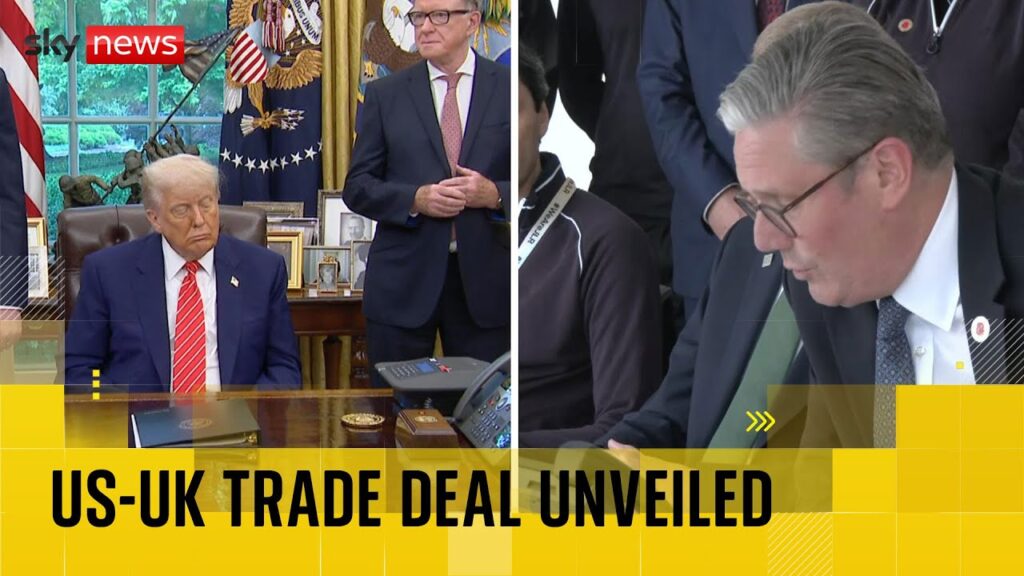
Introduction
The US-UK trade deal has been a significant topic since the United Kingdom’s exit from the European Union. It reflects a deepening economic relationship between the two nations and is crucial for post-Brexit trade dynamics. In light of recent negotiations and ongoing discussions, understanding the implications of this deal is essential for businesses, policymakers, and citizens alike.
Current Developments
As of 2023, the US and UK have been engaged in conversations aimed at deepening their trade relationship. Recent reports suggest that trade between the two nations has increased by over 10% since the start of negotiations in 2021, amounting to over $260 billion in goods and services exchange. Key sectors benefiting from this heightened trade relationship include technology, pharmaceuticals, and agricultural products.
The Biden administration has expressed a renewed interest in securing a formal trade agreement with the UK, moving beyond the tariff reductions and regulatory alignments established in interim agreements. The focus has shifted towards digital trade and environmental standards, reflecting modern market dynamics. Recent meetings between US Trade Representative Katherine Tai and UK’s International Trade Secretary Kemi Badenoch have underscored the importance of collaboration on shared goals in sustainability and technology.
Challenges and Considerations
Despite the optimism surrounding the US-UK trade deal, several challenges persist. Concerns regarding regulatory alignment and differing standards between the two nations remain significant hurdles. Moreover, the impact of ongoing global issues such as inflation and supply chain disruptions could further complicate negotiations. Analysts caution that while a comprehensive trade agreement is desirable, it may take longer than anticipated to finalize.
Conclusion
The US-UK trade deal continues to evolve, offering numerous opportunities and challenges. As both countries navigate their economic landscapes post-Brexit, the implications of this relationship will be far-reaching, affecting not only businesses but also consumers. Experts predict that if properly leveraged, the trade deal could lead to economic growth and increased cooperation in various sectors. Stakeholders are advised to keep abreast of updates and prepare for potential shifts in trade policies, ensuring that they remain competitive and informed in this changing landscape.






